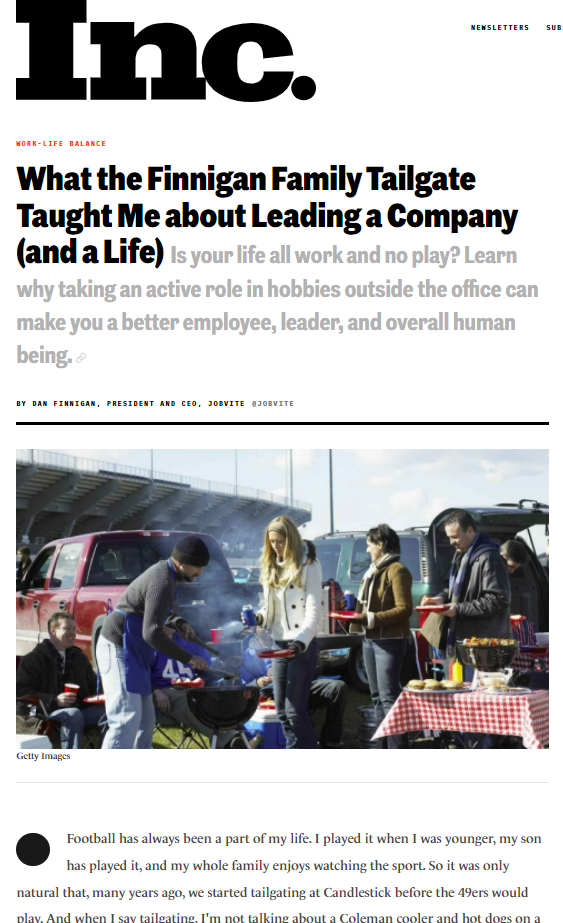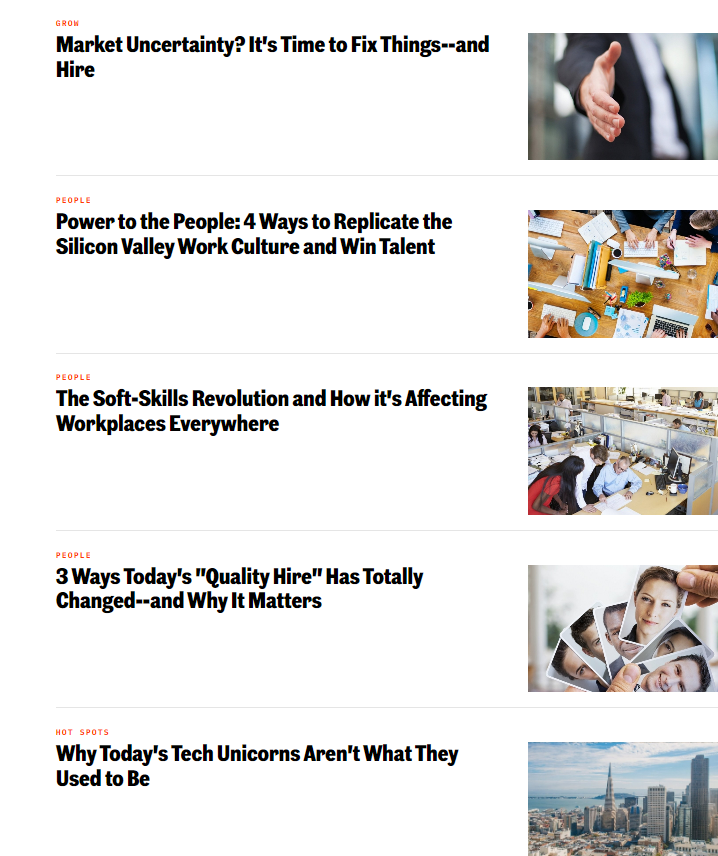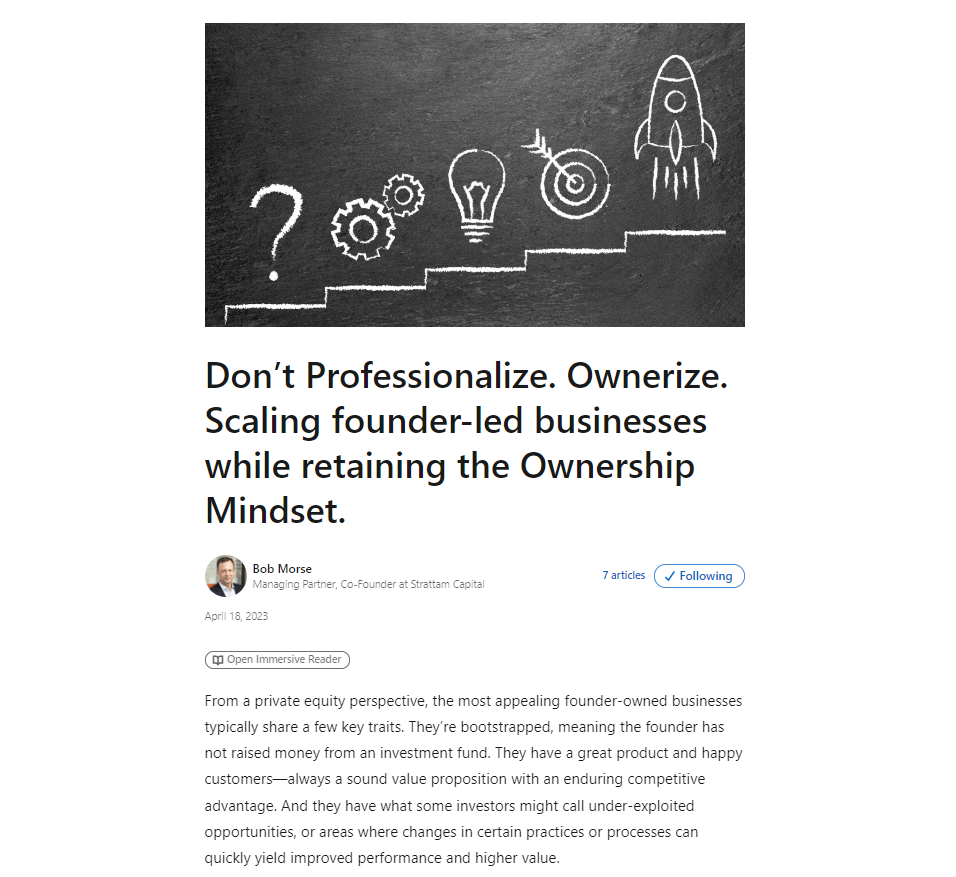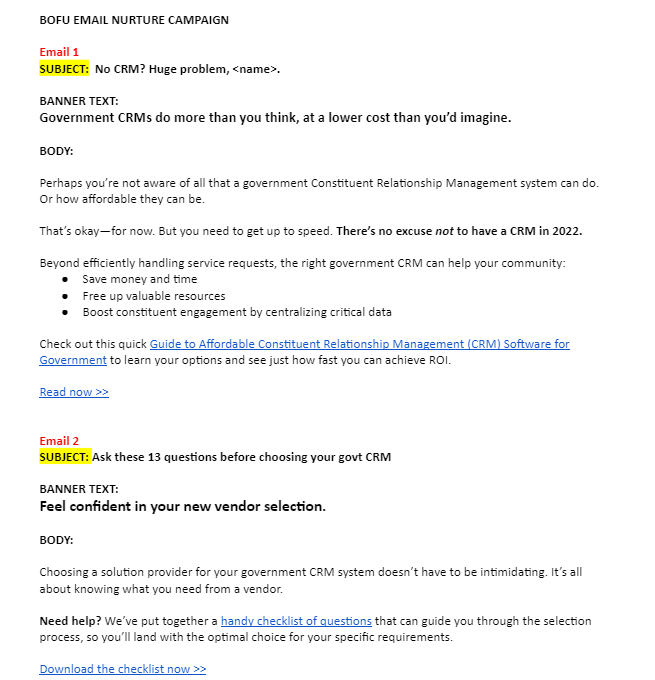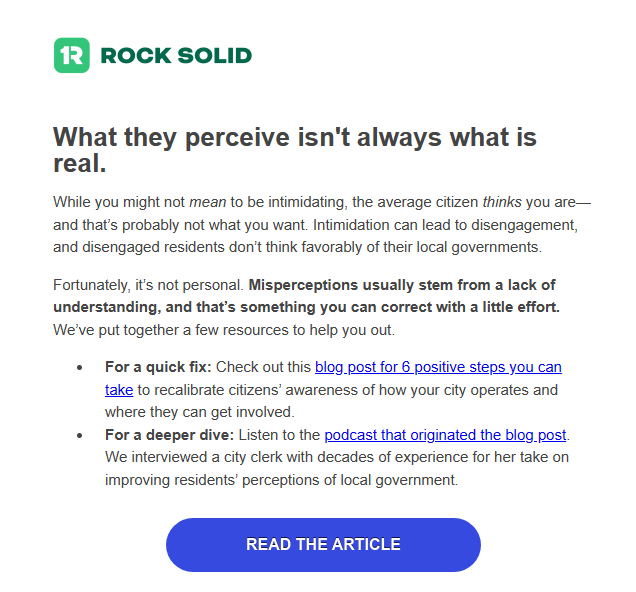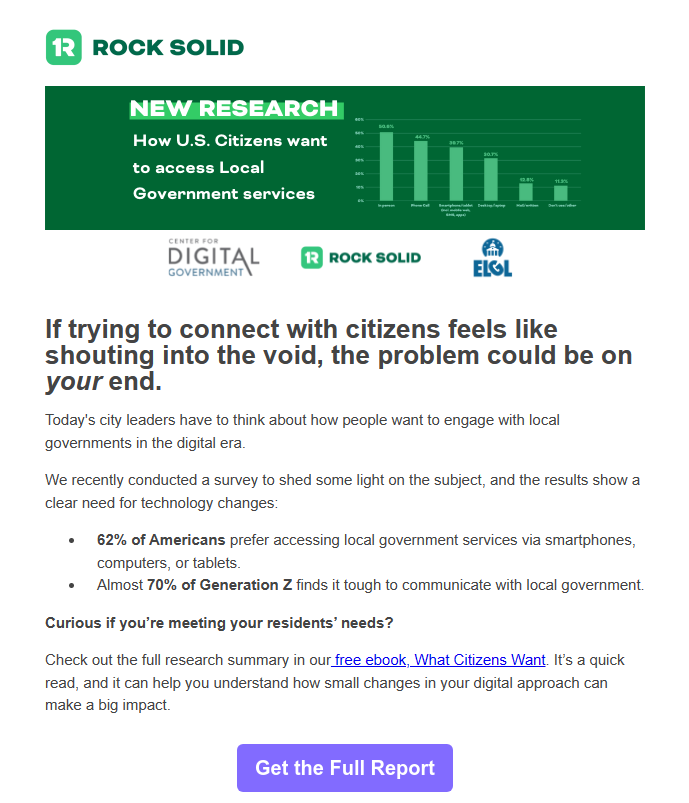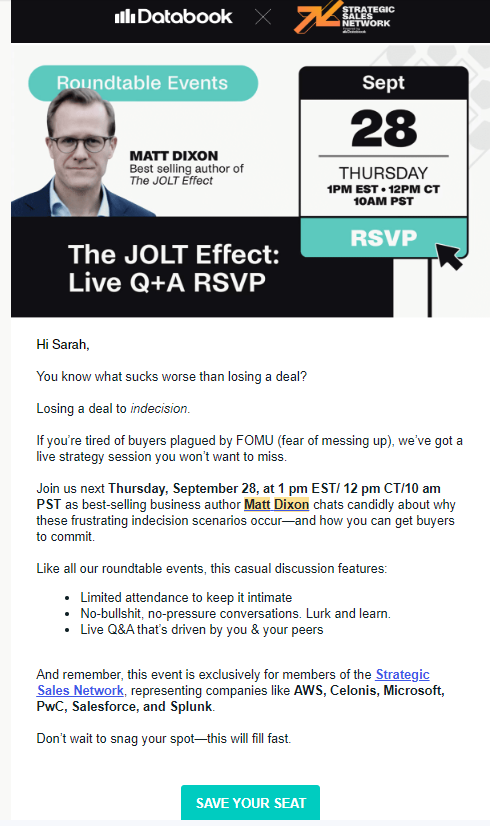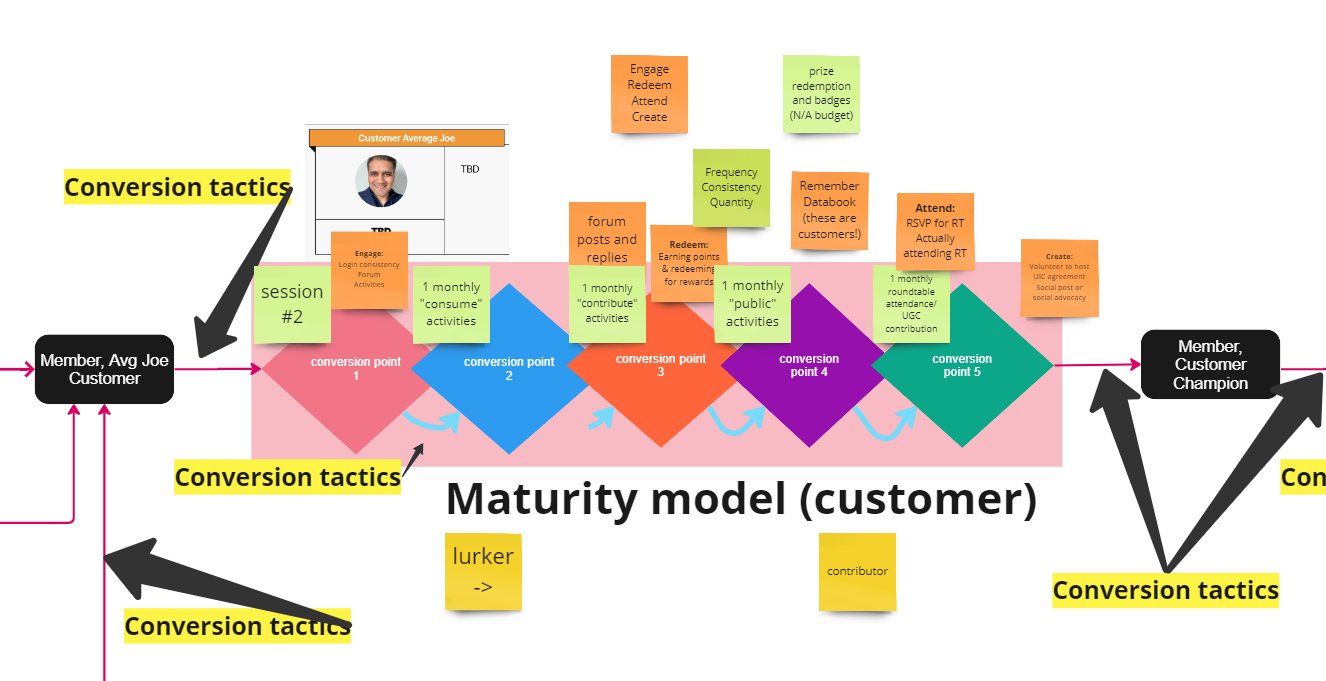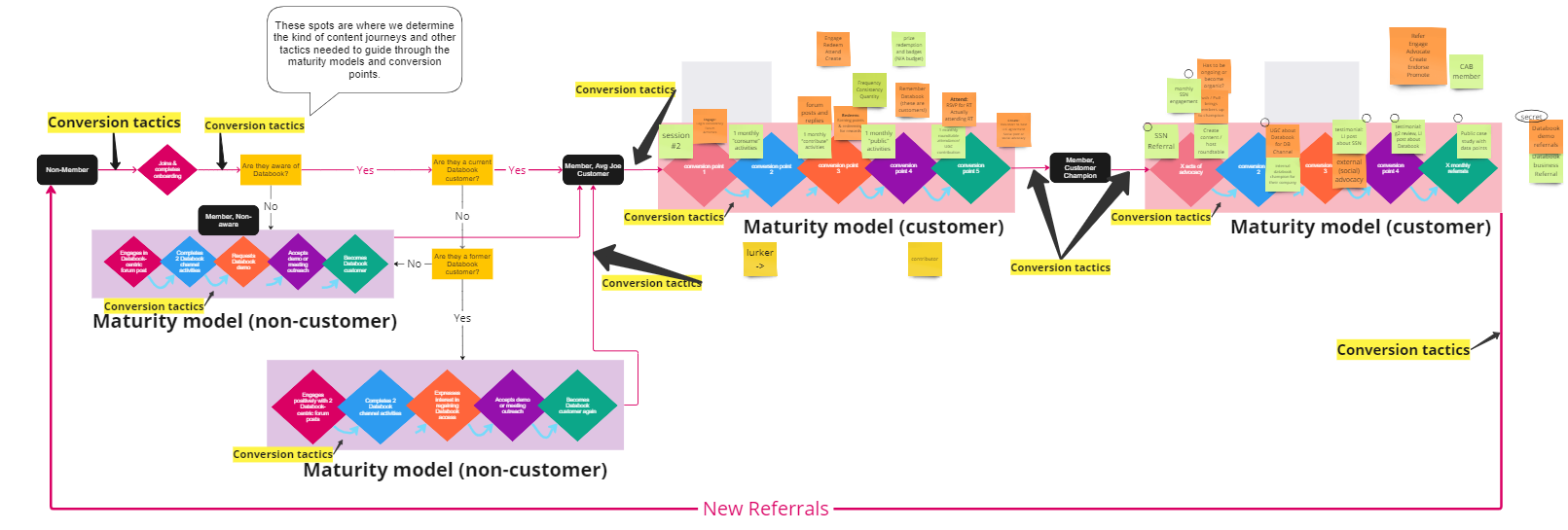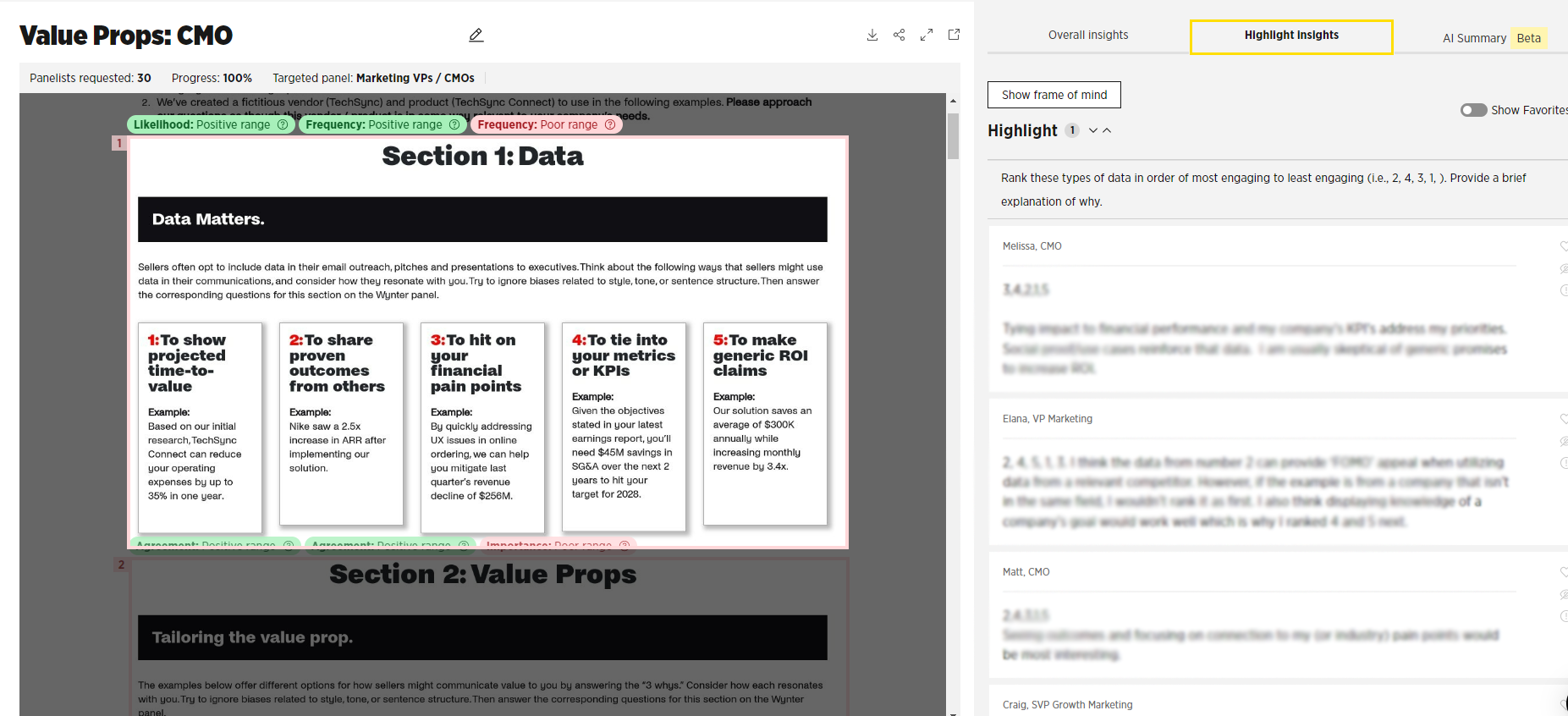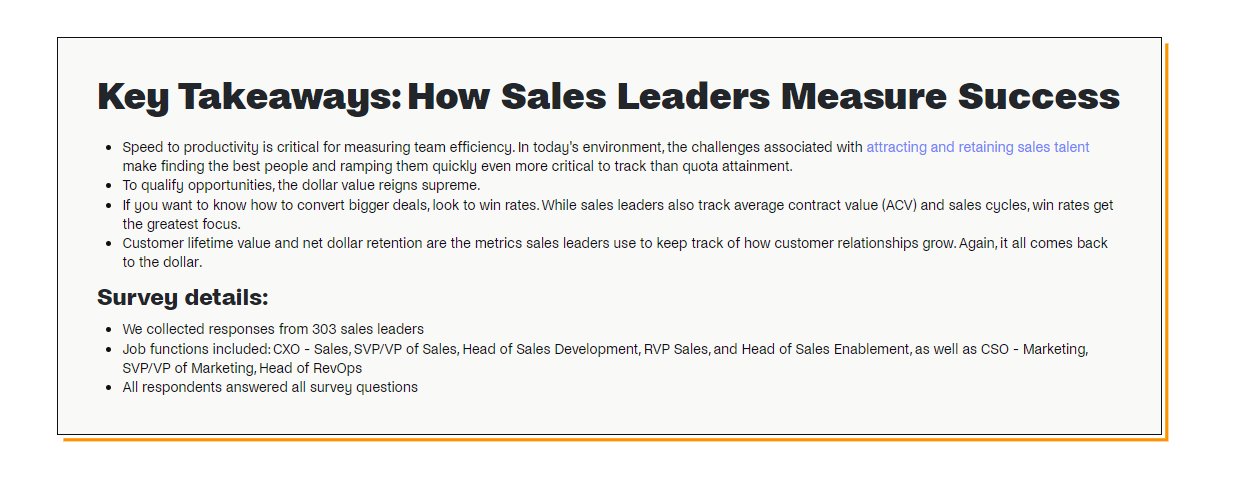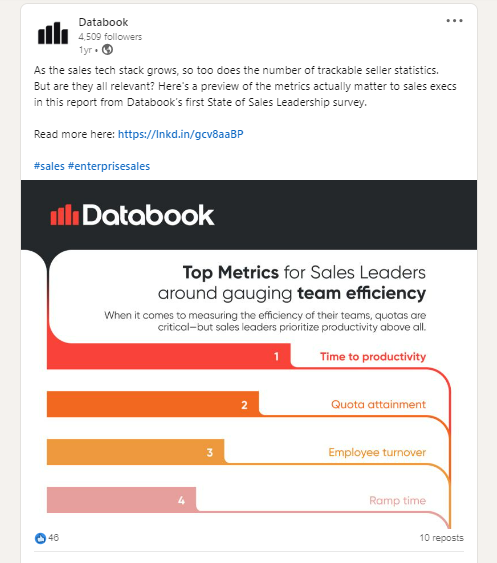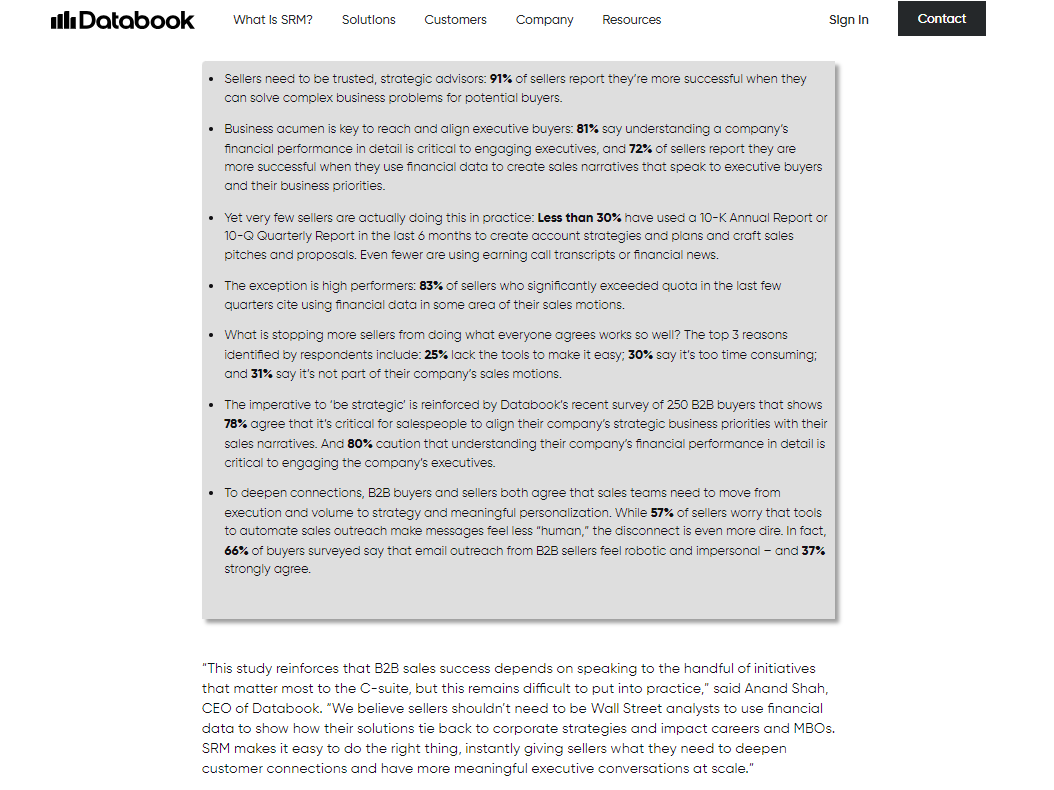Written in 1996, Palo Alto, CA.
I have the attitude of a fat girl not quite used to being fat. I mean, I don’t quite know how it happened, so I’m a bit surprised. If I had to pick a notch on the timeline, I’d say it was college that expanded me, even though I didn’t notice then. My high school days were slimmish. All my dresses fit, my knees not yet too foreboding. But now, who knows? My dresses still fit for the most part, but then again, they’re different dresses, and they’re bigger. Clothes are bad barometers. Still, I worry how I look. I worry I don’t act appropriately. You'd think I could move on.
But it's more like this: Jimmy Solomon winks at me on the subway—at me, standing here in rayon acetate separates and white walking shoes—and out of nowhere, I give him my slicing femme smile. It’s the same smile I saved for the frat house boys who lured me upstairs after parties, only now, underneath, there's a wondering side—is it just tits, eyes, cheekbones? I'd like to tack down the One Thing and go with it because I know the whole of me has been lost somewhere. Maybe it’s my sense of humor, but Jimmy's not a laugh-em-up guy. It's all parts, no parcel, incomplete. So I’m standing here, dissecting myself and wondering what the hell he winked at. I don’t know if I’m wink material anymore. Or maybe Jimmy likes bigger women, which is okay by me, I suppose, except I'm forever unfamiliar with the territory. Do I jiggle? I wonder. Do my ankles bow out above my socks?
Jimmy leans in a bit. We're after work now, sharing the way home. His breath is onions from a hoagie at lunchtime, longish brown hair gelled meticulously down except for the persistent wave of a cowlick in back.
"Friday, my girl," he says. It’s what he calls me. "You got big Friday plans?"
"The usual." With a smirk, I deter him. My latest notion is that Jimmy has taken to me undercover. In turn, I'm self-conscious here on the train, more than normal. The tight belt about my skirt waist bites my navel. I shift and tug discreetly. I hope it is discreetly.
I change the subject. "Did you make the Italy today?"
Jimmy's eyes move southwest to where, above the underground blackness, the city's skyline would be steeped in sunset. "The Italy?" he scowls. "You mean did I send that friggin’ collateral?"
"Yeah."
“Friggin’ Italians.”
Formerly of the first floor ET's (known as such for their incomparable doggedness in phoning homes), Jimmy has recently been snagged in the pre-product-release office reorganization, lifted like a wayward mooning dinghy into the froth and sea-spray of the tenth floor sales department. I don’t think he likes it much. None of them do.
For a while, it was an amusing transition to watch. They start off as smooth-talking, annoying boys in their tinfoil suits, thinking that upper-level sales is like downtalking housewives at dinnertime over the phone. Upstairs, though, they learn about eye-contact and the bitch of wardrobe coordination. It's such a visible change, when you break a man down. I don’t think it’s too funny anymore. I find it’s an untidy floundering, like watching hooked fish flop in an old bucket. You get past pity to where you could club them all to stillness yourself. Almost. Sometimes that one lonely fish eye cries out to you.
Jimmy frowns. "The Italy," he repeats. "Nope. Franklin went to the doctor's this afternoon and missed the signature." There's a slipped onion sigh, an air of put-on peevishness. "Again."
Franklin is the newest Big Man in our department, with a large hairless head and dated Armani suits which he wears only because they will always be Armani. He has had both me and Jimmy tied up this week with last minute shipments of sales information and beta reports to international big wheels, unsigned letters coating our desktops with post-it messages for next-day deliveries.
Franklin cruised my shipment signature, too, but I forged it. I think about mentioning this to Jimmy, but I don't. Franklin will take him down a bit on Monday in his Big Man office, slamming that thick wooden door of his that travels ceiling to floor. It has nothing to do with me.
The train wheezes to a stop. All around us, people jerk heavily forward despite handrails. Jimmy, weary for his twenty-four years, strains his hand against the strap. Surely he only had a fleck of dust in his eye before. He is harmless, incapable of winking without his four-line ET phone and the telemark script. He has been utterly tortured in his new face-to-face environment. And now this crush thing.
"Say, Jim," I offer softly. "Want to get a drink?"
He lifts his shoulders too emphatically for a gesture of noncommittal. "Hey, yeah, sure."
The train shrugs more convincingly ahead. Ours is the next stop.
In the bar, I take a powder break first thing. We're at DelRicchio's, where the Ladies' Room mirrors are longer. After loosening my belt a notch, I pout for my reflection, or maybe at it, and hold my hands up vertically to see my fingers stretch in amazing reaches. I suppose I look alright, but I can never tell anymore. Sometimes I only see the me of ten years back. I wonder about things like the color of my real hair, and how much has my face grown, and, if I had any recent ones, could I compare the two me's in photographs. I've been away from all of my real self for a very long time.
When I return to the bar, Jimmy is seducing the countertop with a lean arm and a rubdown, as if clearing lascivious dust. His jacket is off, tie disturbed. He has ordered a Scotch while I was gone.
"Black and tan," I say huskily, smiling, but the bartender, who is right there in front of me, doesn't hear or else doesn't want to. Jimmy notes this and raps his knuckles on the bar, foolishly proprietary like a less-suave DeNiro. With a creased grin I don't appreciate, the bartender now glances at Jimmy, juts out one pink ear, asks me to repeat myself and then goes to work. I place the back of one of my cool, now-stubby hands against my cheek to dim my rising blush. I say to myself like a mantra, The drink will arrive before me, I will simply drink my drink.
In the meantime, Jimmy looks at me the way I'd imagine a schoolkid eyes the English teacher to see if her skirt hikes or her blouse descends—not sexually, because she's the English teacher, but with muted adolescent focus. I am only twenty-eight, and he makes me feel forty, in a good, experienced way. Like my admin stint in Sales is a chosen path and not the same as his, which is certainly a byway, a temp thing. I don't want to be grateful for his interest, but the feeling sits there, lodged in my throat with the low neck ache of now-dwindling embarrassment from the bartender's neglect.
"Dark beer for a dark woman," Jimmy says.
"Hardly." I lower my eyelids coyly and feel my tongue across my bottom lip. I imagine my face appears cherubic in its roundness, and at the same time devilish, but also sad. There is always a sadness, a blur of the pathetic. I think it is sad that I imagine what my face looks like.
We can't seem to find a conversation, so Jimmy broods offhand, "A cataclysmic day, huh?" He takes a gulp of the gold liquid in his glass. "A wretched day, abysmal."
"Horrific," I add with a purr, but Jimmy misses it. He is looking at the thin veneer of the bar, the skirt of light reflecting white against the oak. I think it is oak.
Jimmy is always saying things like cataclysmic and abysmal. He's such a college boy. It's bred into him, tangible, visible, breathable, the way bacon is always totally bacon in scent and touch and taste. That Jimmy should remind me of bacon is a strange thing, I suppose, but not so strange because I'm hungry.
The bartender now slides my drink across and looks at me. I hold my eyes on the older man for a moment, wondering what he sees, is he waiting for his money, and now like a good bartender he evenly returns my stare in patience. There is no desire there. I feel the rounding down of eyes, the fall of my chin to its next new sister chin, as I bow my head. Instinctively, I suck in my cheeks to lift my skin.
"Get you something else?" he then asks. "Some chips maybe? Or a big ol' burger?"
I put a five on the counter and don't answer. It's the same thing over and over these days, and it does no good to bring it up, but I do.
"Jimmy," I begin.
"There was a time," I say, and Jimmy perks up because he loves this kind of thing, loves to be instructed in how things were.
"There was a time, " I repeat louder, "that men would not offer me food."
The bartender scuttles away with a dishtowel.
"How so?" says Jimmy. He looks indignant, puffed, as if it's a crime that all men not feed me.
"No, no," I shake my head. "I mean, that's the proper way. That a man should look a woman up and down and want to eat her, not for her to eat."
Jimmy's eyes enlarge.
"Would you offer me food?" I ask him, ignoring the shock from which he quickly recovers, hand over his mouth briefly as though he had belched.
"If we were here? At this bar? Now?"
Jimmy thinks. He looks down at his fingernails. Then he, too, sucks his cheek in, chews it, so slowly and with such care that I can sense the sinew and the cells, like I am inside there, sense the whiteness of his hidden teeth, the dark empty cavern of his throat.
I don't know what I want him to say. It is not terribly important, as I will be ordering dinner in just a moment. I think I have it planned, what I'll get, and I'm already slipping my eyes from Jimmy's cheek, down his neck, over the rumpled collar that says he's had enough.
Jimmy continues to think until he says, "I think I might. I think I would offer you a bite."
"A bite?" I ask, now almost not listening, scanning the back of the bar for an open table. None currently available. "A bite of what?"
"I don't know.” He waves his hand. "Just a bite. You know, like 'Hi, how are you, why don't we get a drink and a bite to eat.'"
I look back at Jimmy. "That doesn't sound like an offer. Sounds more like a shove."
Jimmy slumps against the bar stool on his right and pounds a fist on the counter. "Well, what the hell did you mean?"
I think for a second about telling Jimmy that this exact display of defensiveness is what defines his own mediocrity. It's why he can't forge Franklin's name on letters, why he would absolutely curl up and die if I told him he still smelled of onions over the Scotch. It's why he would probably cry if I told him he isn't even a Scotch drinker, that I've known Scotch men, and that even if I wanted to, which I don't, I could never sleep with him.
"I meant an offer," I say. "Like 'Hi, how are you, can I get you a potato?'"
"Do you want a potato?" He squints.
"See, that's an offer."
"So you do?"
"Point has been made, Jimmy." I take his chin, boldly, in my hand. We are inches apart. "No potatoes for me."
It's the type of close hold where he could kiss me, but he doesn't. "You're an odd bird, Friday," he remarks.
A lock of brown hair like a bound batch of kindling falls ungreased over his forehead. I don't think he knows he could have kissed me. He turns, removing his chin from my fingers with just enough speed to let me catch the sharp twigs of stubble that will soon sprout through his pores. He has less delicate pores than I'd thought. I watch while he swirls a finger in his glass. If it were me, I'd lick the finger slowly after circling it. I'd lay my finger on my tongue and close my lips about it and absorb the pungency. Alcohol has this taste that goes so well with skin. Like sweat and tears, things the body pickles in.
Jimmy is offended. I can tell by the way his shoulders hunch. If he were shirtless, there would be a pucker between the blades like an old horse who has been saddlebound too long. He faces me swiftly, marking my scrutiny.
"Would you like dinner, Friday?" He coughs. "I mean, really. Will you have dinner with me?" His voice is lower than normal, saxophonish and quite possibly sincere.
It is an offer this time, a different sort of offer. It's the one I was expecting on the train earlier (but not anymore), having heard this morning from Gary in Accounting that Jimmy, poor Jimmy, was whipped hard. Gary said he'd found my name scribbled several times on Jimmy's to-do list.
"Well," I'd told Gary, "Friday is a day of the week, you know."
"Not Friday." Gary then wagged a finger at me. "Your real name."
Well, well, I thought. Three weeks now working on the same floor, and Jimmy has never asked me about my name. Most guys do, as a means for establishing some sexual intimacy. Or maybe it's just sexual to them. I want to believe it is intimate, though they'll never use the name once they know it. I am the only woman on our floor at present, and I find it's rather like being the one available whore on the front lines. It turns out that under pressure, most men just want to know a woman, talk to her, and things like PMS jokes and butt slaps get left behind. She can be Sue or Betty or Eugenia, they don't care, as long as she knows she's still the whore. My belief is that my physical expansion, my cushioning, offsets the men as it has offset me. Also draws them in. As if I am a disarmed, handy native to something they know nothing about.
But Jimmy has been different all along. His college background exploded from him on his second day upstairs. "Girl Friday," he said to me, a stack of product brochures tucked beneath an arm. His suit was old, the stark navy kind moms buy their teenage boys for the first wedding or funeral, an all-purpose invisibility suit. "Or Woman,” he cocked his head, “if you want to make a true comparison." He looked at my drawn-back lips and added, "To Man Friday. Defoe's Crusoe."
I still said nothing, holding that frozen expression of almost-amusement. He rambled. "You know, Robinson Crusoe. I did a paper. I mean, I studied it for quite some time. He was really a slave, you know." Then, like an afterthought, "Friday is traditionally an ominously bad day."
He must have thought I judged him for his response. He never brought it up again, probably assuming by my everyday office demeanor of brashness and wisecracking that I had chosen my moniker for the sake of petty irony or that perhaps it was, in fact, my name. And I forgot about it for the most part. I thought that, on the whole, Jimmy was a nice kid.
We found we lived within blocks of each other and began riding the subway home together. His folks, still married, inhabited a quiet brownstone in the same neighborhood, and though I never met them, I learned from our subway rides that Jimmy's father taught Physics at the University while his mother was a regionally renowned quilter. Jimmy never made a decent pass at me, and I don't know if he tried. Before Gary told me what was up this morning, I don't think I was looking for that sort of thing. When I hung out, always briefly, with Jimmy, I saw instead his loneliness, his need to succeed, and I saw these things in the strangest places—his hair parted on the left one day instead of the right, the small slap he gave himself across the wrist if he started biting his nails. He even brought Disney-patterned Band Aids to work and set them out on his desk like family photos. They were for his paper cuts, he said.
I never noticed him staring at me or fumbling or whatever, although I do recall once a cloud of terrible deviousness crossing his face. I was passing his desk, caught him looking my way, saw his eyes and suddenly crooked smile. But it wasn’t what you might think. I did not interpret any lust under his pale mayonnaise skin. I know what lust looks like, hot plastic, a melted thing, a disturbance of solidity. His look, softly scornful, said he knew something more about me. More, perhaps, than I knew or than there was to know in the first place.
It worried me immensely to see Jimmy's face that way. I thought maybe my skirt appeared too tight because it was too tight, and I had bought control top hose in a panic that morning, forgoing breakfast and, later, lunch. But I knew Jimmy was not the type to wear his scorn up front, a fact which ruffled my skin all afternoon like a phantom insect. Actually, Jimmy was not supposed to be scornful. Especially not of me. But of course, I did remember what Jimmy had said to me that first day we met, the “slave” bit, the “ominous” bit, and that worried me even more because despite what he had said (and maybe, I think, only out of politeness), he always called me Friday. Not like the others, though. He called me his girl.
Now I look at Jimmy's decidedly condiment complexion, a little ketchup of nervousness dotting his cheeks, mustard below the eyes, the rest white as usual, and I wonder if I had been missing something all along. I feel fat now. I wonder where it all has come from. It pads me heavily, the cargo of old-me school days, the anchor of pointless insecurity. Would I like to have dinner with Jimmy Solomon? I would like to have dinner.
What I say to Jimmy is, "How do you know my real name?"
He gazes at me like I'm behind some fantastic fog. I wait while he translates what I've said, watching the slow catch of knowledge light his face like an electrical grid map. Once he has discerned that I have not in fact answered his invitation, he falls a little onto the bar stool again, hoists his rear end atop the vinyl seat.
"Uh," he says with a hand wave, and I know he'll tell me a lie. "Employee phone list."
"No."
"Well, sure, you're on there."
This will be interesting. I reach into my purse for a cigarette. "Under Friday. It's a first name alphabetized list. I'm right under Franklin, right above Gary."
"I could've sworn...." He sets the words out of his mouth and lets them float away. "I don't know, I must have heard someone say it."
Yes, that could be. I'm not trying to test Jimmy here. Really. I would simply like to know to what extent he went to find out. Whether he tried to find out, or whether he just learned. I guess my curiosity lies in the fact that he did not ask me directly. I think that somehow, he just knew.
"What makes you think I know your real name anyway?" His lips are flattened in defense again.
"Oh, you just do. I know. And it's okay."
The bartender materializes in front of me with a match. My glare dares him to speak as he reaches out to me with a flame. I nod in thanks once my cigarette is lit. Good little bartender. "Let's just forget about it," I say to no one in particular.
Then a strange thing happens. Jimmy opens his mouth, and I can see the shadow of his epiglottis, I can see it raise with the strength of voice and air like a sail. Jimmy is about to say something that matters. He’s about to go on the offense. I find I am holding my breath back, afraid of pushing him into the eye of the wind.
But nothing. "Yeah, we'll forget it," he says. "Now about dinner?" he asks, but with less passion this time.
"Sure," I say. It surprises us both.
Over roast beef and new potatoes (I got potatoes after all), Jimmy and I discuss work. We say how much it tires us, but neither of us will admit a dislike.
"It's rough, yes," I say, "but I get something, I suppose. After saving the asses of incompetents like Franklin, you know. There's a sense of worth."
Jimmy nods sedately, wiping a droplet of gravy from his cheek with a napkin while he chews. He doesn't get it all, sort of drags it into a smudge of brown. This is the most time I've spent with Jimmy in one stretch, and I'm finding him consistent if not always stationary, like a buoy. "I think," he says after swallowing, bending his head down in a stance of disclosure, "that it's a private worth."
"Private?" I say quietly.
"A sense of worth that only you can feel."
"Not apparent to everyone?"
"Not bestowed by everyone." Jimmy sighs and leans back in his chair, folding his napkin beside his plate. The gravy on his cheek stares at me. I can't look elsewhere.
"I mean," he continues, "I know what you do. That you sign his name when he's not around. I can't do that. It pisses me off when he's delinquent."
So he knows. "But he doesn't succumb to guilt, Jimmy." I shake my head. "Nor does he think you a better man for your, um, honesty."
Jimmy snorts. "Nor does he think you a better woman for your ass-saving."
"Well, I do frequently save his ass." I toss my fork to my plate where it clangs loudly. "What's your point?"
"That he doesn't think, Friday, my girl. He just doesn't think."
And suddenly I remember, through some strange opening channel in my brain, a night when I was three years old, and my father came home hours after missing supper, flowers in his hand. I watched from the dark island of the hallway floor as he deposited them sorrowfully before my mother's picked-at plate, and she, still sitting at the table at eleven o'clock, pushed them away, trying to stay still but shaking anyway, then crying, and she took his hand, mumbling, "You don't think, do you." But her voice was all forgiveness, because his hand was back. I guess some ships return for old wreckage.


